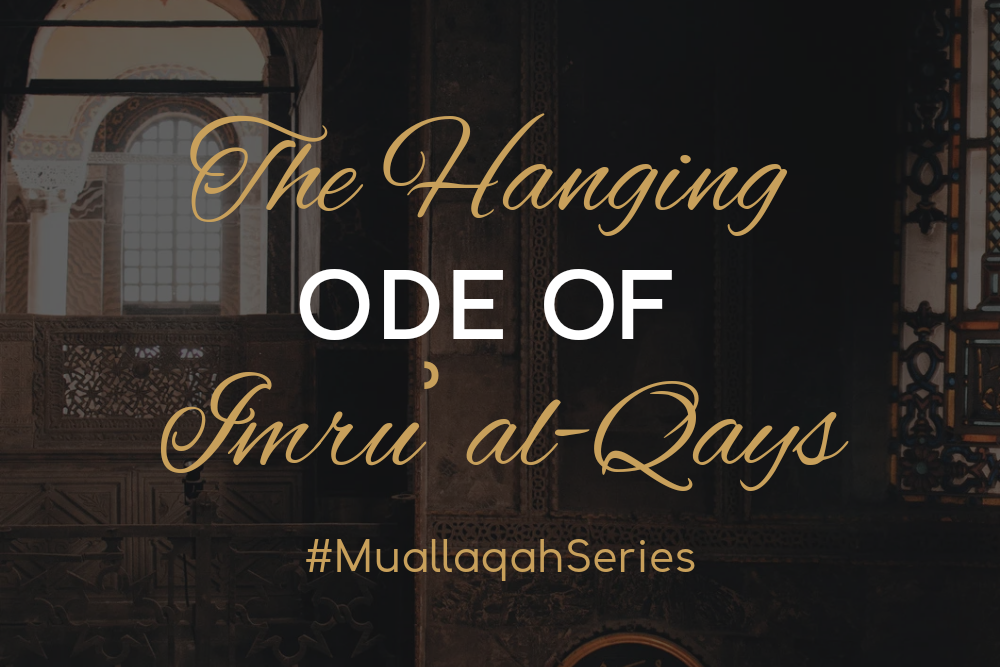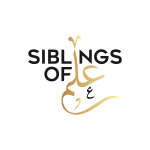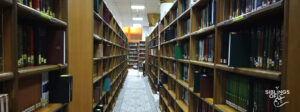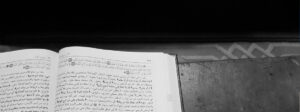Better known as “the Stray King”, Imru’ al-Qays is the author of the first—chronologically and, according to most scholars of Arabic, rank-wise as well—Hanging Ode (Muʿallaqah). Even Ṭarafah pays homage to him in his Hanging Ode by snow cloning one of his famous verses.
To describe Imru’ al-Qays in one word is to say that he is vain, in both senses of the word. His poetry has all the fixings one would expect in that of a playboy-prince of Pre-Islamic Arabia: wine & women; horses & hunting; flora & fauna. His language, like his taste, is both luxurious & stirring. The description of his horse’s gallop has a thunder to it that reflects it. His similes are standard textbook fare.
But he is also vain in the sense of being pointless and ineffective. Banished from his father’s royal court for his wanton ways, then, upon learning of his father’s death while in a drunken stupor, he coined the idiom: “Wine today, business tomorrow” (اليوم خمر وغدًا أمر). Unsatisfied with his initial revenge against the assassin’s tribe, Imru’ al-Qays lost the support of allying tribes and sought the help of the Byzantines. Caesar sent him a poisoned cloak, which he donned in credulous vanity. The poison was effective, and the Kingdom of Kindah was lost.
In this course, we will read the entire text of Imru’ al-Qays’s Hanging Ode, focusing on thematic & stylistic elements, vocabulary, syntax, and a bit of rhetoric.
Additional details:
- Recording will be made available for this course.
- Receive daily support in an interactive Telegram group.
- Engage in activities and exercises to reinforce learning.







